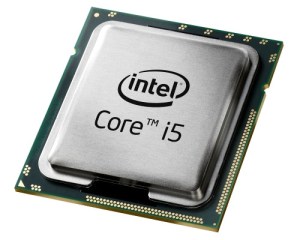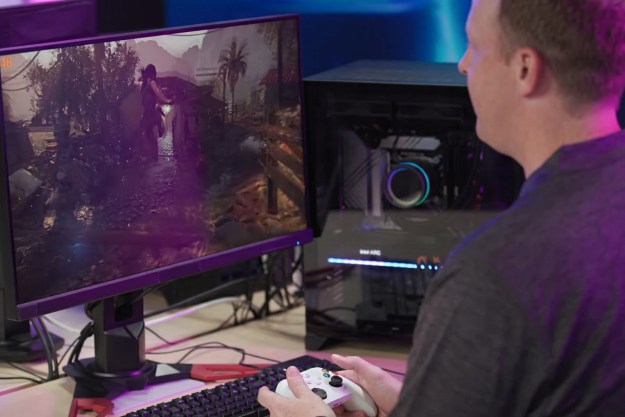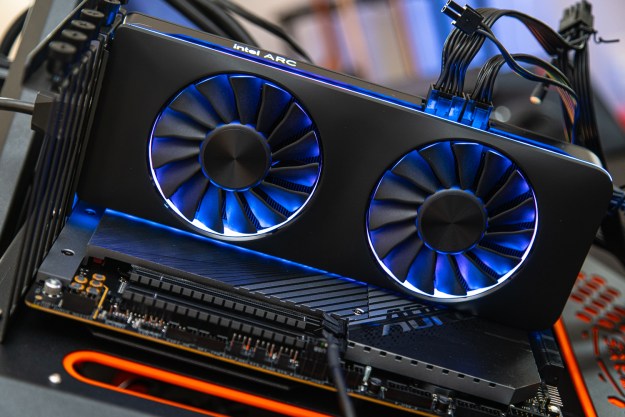
Chipmakers AMD and Intel may come to a private agreement last month to end litigation between them, but that doesn’t mean Intel is off the hook with the Feds: today the United States Federal Trade Commission announced it is suing Intel for abusing its position in the marketplace engage in anticompetitive behavior and stifle competition.
“Intel has engaged in a deliberate campaign to hamstring competitive threats to its monopoly,” said FTC Competition Bureau Director Richard A. Feinstein, in a statement. “It’s been running roughshod over the principles of fair play and the laws protecting competition on the merits. The Commission’s action today seeks to remedy the damage that Intel has done to competition, innovation, and, ultimately, the American consumer.”
The FTC alleges that Intel used a carrot-and-stick approach with computer makers to ensure its chips were in the vast majority of computers they made, and leveraged its position in the market to force computer maker to agree to restrictive and exclusive deals that ensured rival chips never gained a significant foothold in the CPU market. According to the FTC, one result is that consumers were denied the benefits of true marketplace competition, including lower prices and CPUs that were potentially superior to Intel’s offerings.
In addition to alleging Intel forced computer makers to exclusively or predominantly use Intel CPUs, the FTC also alleges Intel redesigned compilers to inhibit software performance on competitors’ chips, then told its customers the performance differences were due to the superiority of its chip designs. The FTC is also alleging that Intel is abusing its position in the CPU marketplace to stifle competition in the graphics market: Intel and graphics developer Nvidia are currently engaged in a bitter war of words—and intellectual property lawsuits—regarding licenses necessary for Nvidia to developer third-party graphics systems for the latest generation of Intel processors. The FTC warns that there is a “dangerous probability” Intel’s methods will enable it to extend its CPU monopoly into the graphics market.
The FTC seeks to have Intel barred from using threats, bundled prices, and exclusive deals to hamper competition or manipulate CPU and CPU prices. The agency may also seek an order barring Intel from “unreasonably excluding or inhibiting” sales of competitors’ CPU and GPU products, or distributing software or other products that impair (or appear to impair) the performance of competitors’ chips.
Many of the FTC’s allegations against Intel are eerily similar to complaints pursued for years by rival chipmaker AMD, which sued Intel for anticompetitive practices in the U.S., the European Union, Japan, and South Korea—until Intel agreed to pay AMD $1.25 billion to drop all the cases. However, the FTC’s action is considerably broader as well, extending both into compilers and the GPU market.
For its part, Intel maintains that it has not engaged in any anticompetitive behavior, and characterizes the FTC’s case as “misguided.”
“Intel has competed fairly and lawfully,” the company wrote in a statement. “Its actions have benefitted consumers. The highly competitive microprocessor industry, of which Intel is a key part, has kept innovation robust and prices declining at a faster rate than any other industry.”
Intel also accuses the FTC of trying to create new rules and regulations with the case, rather than enforcing existing law. The company maintains the FTC’s new rules would ultimately harm consumers through higher prices and reduced microprocessor innovation.
Editors' Recommendations
- 4 CPUs you should buy instead of the Intel Core i9-13900K
- I’ve used Intel CPUs for years. Here’s why I’m finally switching to AMD
- All of the exciting new GPUs still coming in 2024
- Best tools to stress test your CPU
- It just became the perfect time to buy a last-gen Intel CPU



